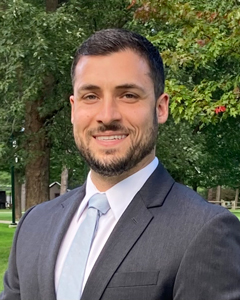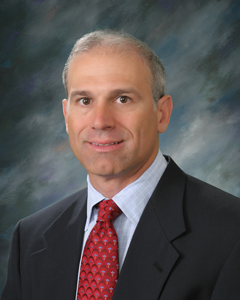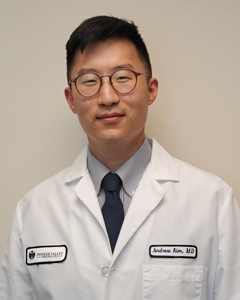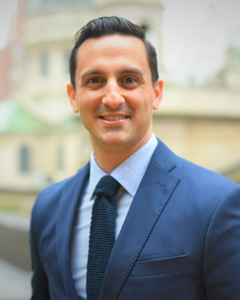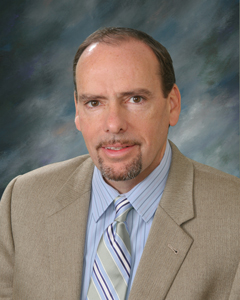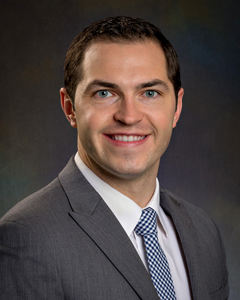Varicocele
A varicocele is an enlargement of the veins within the scrotum. Varicoceles are similar to varicose veins in the legs and form for similar reasons. The valves inside the veins become weak and ineffective, enabling a backflow of blood. Varicoceles are common, occurring in about 15 to 20 percent of all males. Almost all varicoceles affect the left testicle. Many varicoceles cause no symptoms, but they may result in discomfort and are a major, though reparable, cause of infertility. When and if varicoceles become troublesome, they can be corrected surgically.
Causes of a Varicocele
Varicoceles most often develop in puberty. The exact reason they develop is unknown, though there is some evidence that obesity may increase a patient's risk. When the valves in the veins of the testicles prevent normal blood flow, the backup causes the veins to dilate, further weakening their walls. The reason varicoceles most often occur on the left testicle is because of the way the vein is positioned there. When the blood flow to the left testicle is affected by the varicocele, sperm production can still be reduced in both testicles.
Symptoms of a Varicocele
When patients with varicoceles are symptomatic, their symptoms may include:
- A noticeable enlarged vein in the scrotum
- An uncomfortable weighty sensation in the testicles
- Pain in the scrotum which increases with standing
- Atrophy or shrinking of the testicles
- Infertility due to decreased sperm count or sperm quality
Diagnosis of a Varicocele
Generally, the varicocele is diagnosed by a physical examination of the scrotum and the bulging veins can be easily felt by the doctor. If the varicocele is smaller and/or not immediately apparent, the doctor will ask the patient to take a deep breath and bear down while being examined. This technique, called the Valsalva maneuver, makes it easier for the doctor to detect the protruding veins. If the doctor suspects a varicocele but is unable to detect it upon examination, a scrotal ultrasound may also be used to confirm diagnosis.
It is very important to have a correct diagnosis of a varicocele since there are other, more serious, causes of the same symptoms, such as testicular tumors.
Treatment of a Varicocele
A varicocele is usually harmless and does not need to be treated. If it is only mildly uncomfortable, snug underwear may be recommended to relieve discomfort. A varicocele may, however, result in a buildup of fluid around the testicles, called a hydrocele, or it may damage an artery. Where a varicocele is causing severe discomfort, resulting in testicular atrophy or infertility, one of the following procedures may be performed:Surgery
During this procedure, known as a varicocelectomy, the surgeon ties off the enlarged vein or veins to prevent blood flow, redirecting blood flow through surrounding healthier veins. This treatment is usually performed laparoscopically on an outpatient basis, using either general or local anesthetic. When a varicocelectomy is performed laparoscopically, the surgeon makes a small incision in the abdomen and works with tiny instruments and a miniature camera. When an open surgery is necessary, the incision in made in the groin.
Embolization
Another approach to repairing a varicocele is a procedure known as percutaneous embolization. During the embolization process, a small catheter is inserted through a large vein in the groin or neck and threaded through to the varicocele. Either a tiny balloon or a coil is inserted in the affected vein to block it off, preventing blood flow to the varicocele.
Risks of Varicocele Treatment
Treatments for varicoceles are considered to be quite safe. There are, however, risks associated with any surgical procedure. Complications after a varicocele repair may include:
- Bruising, bleeding or infection at the site
- Hydrocele that requires draining
- Injury to nerves or blood vessels in the groin
- Allergic reaction to anesthetics or contrast dye
- Lower back pain
- Scrotal inflammation
- Phlebitis
Recovery from Varicocele Treatment
Since treatment for varicoceles is almost always performed on an outpatient basis, patients can expect to go home within a few hours of the procedure. Pain medicine is typically prescribed for the first few days after surgery. Patients are usually able to return to a light work routine in a few days and to strenuous activities in about a week. Most doctors recommend that patients refrain from sexual intercourse for 1 to 3 weeks after the procedure. Sperm count may not increase to a normal level until several months after the procedure.


